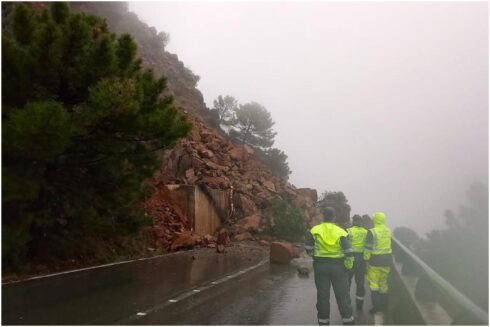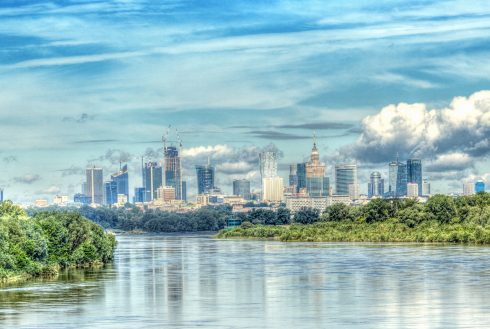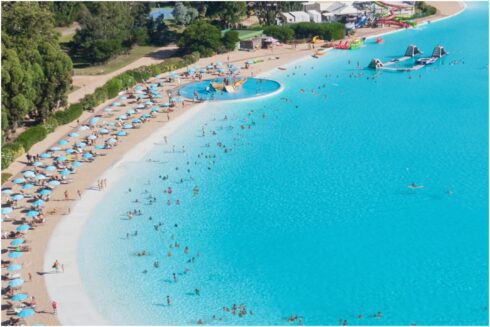THIS week marks three years since the start of the devastating Sierra Bermeja forest fire – the worst blaze registered in Spain in 2021 – that destroyed local wildlife and forced almost 3,000 residents to flee their homes, including on the Costa del Sol.
The inferno raged on uncontrollably for a week, burning through one of Malaga’s most beautiful natural areas before it was finally tamed by heroic firefighters.
The work to extinguish the flames wore on for 46 continuous days, sadly claiming the life of Carlos Martinez Haro in the process.
A statue now stands near the top of Los Reales in Estepona, near to the location where the valiant 44-year-old firefighter sadly perished whilst battling against the blaze.

Despite the tireless, brave work of Carlos and his colleagues, including nearly 6,000 troops and 200 aerial resources, the flames spread rapidly, fuelled by wind and dry earth after it was started deliberately.
In total, the fire scorched 8,401 hectares of land in seven Malaga municipalities: Estepona, Casares, Jubrique, Juzcar, Genalguacil, Farajan and Benahavis.
In the process, acres of environmentally valuable fir forest was destroyed, whilst 2,670 residents were forced to flee their homes as the flames spread.
Such was the damage cast on the area, experts believe that it will take at least 20 years of growth and recuperation to see the Sierra Bermeja return to what it once was.
Last year, the Junta announced a €2.4 million budget for the second phase of the Sierra Bermeja Forest Restoration Plan, aimed at planting over 10,000 firs to rejuvenate the area.
The initial phase, which lent on €4.6 million of public investment, prioritised roadworks, forestry treatments and action to protect against water erosion.
Some protesters have called on Sierra Bermeja to become a national park and, therefore, assume greater protection from local authorities – however, it appears that request has fallen on deaf ears.

There also remain fears that a devastating fire of equivalent or greater magnitude could happen again, threatening wildlife and people’s homes once more.
With climate change, summers in the south of Spain are becoming hotter and hotter, the land is becoming drier and, as seen with this year’s drought, water scarcer.
These elements could potentially create a toxic cocktail, fuelling forest fires which could sweep across Andalucia’s natural lands, destroying precious ecology and claiming people’s lives.








